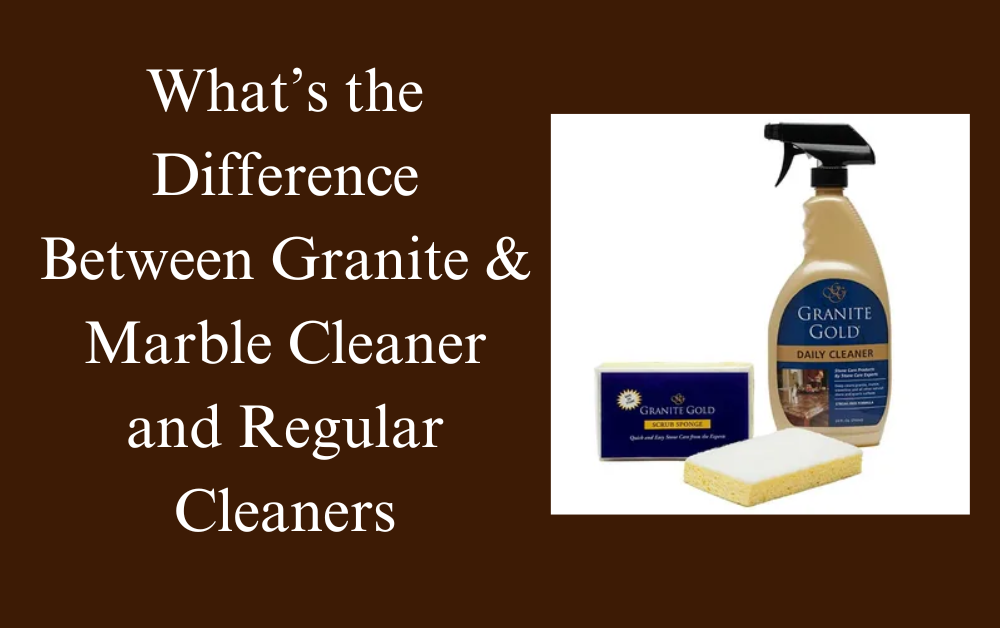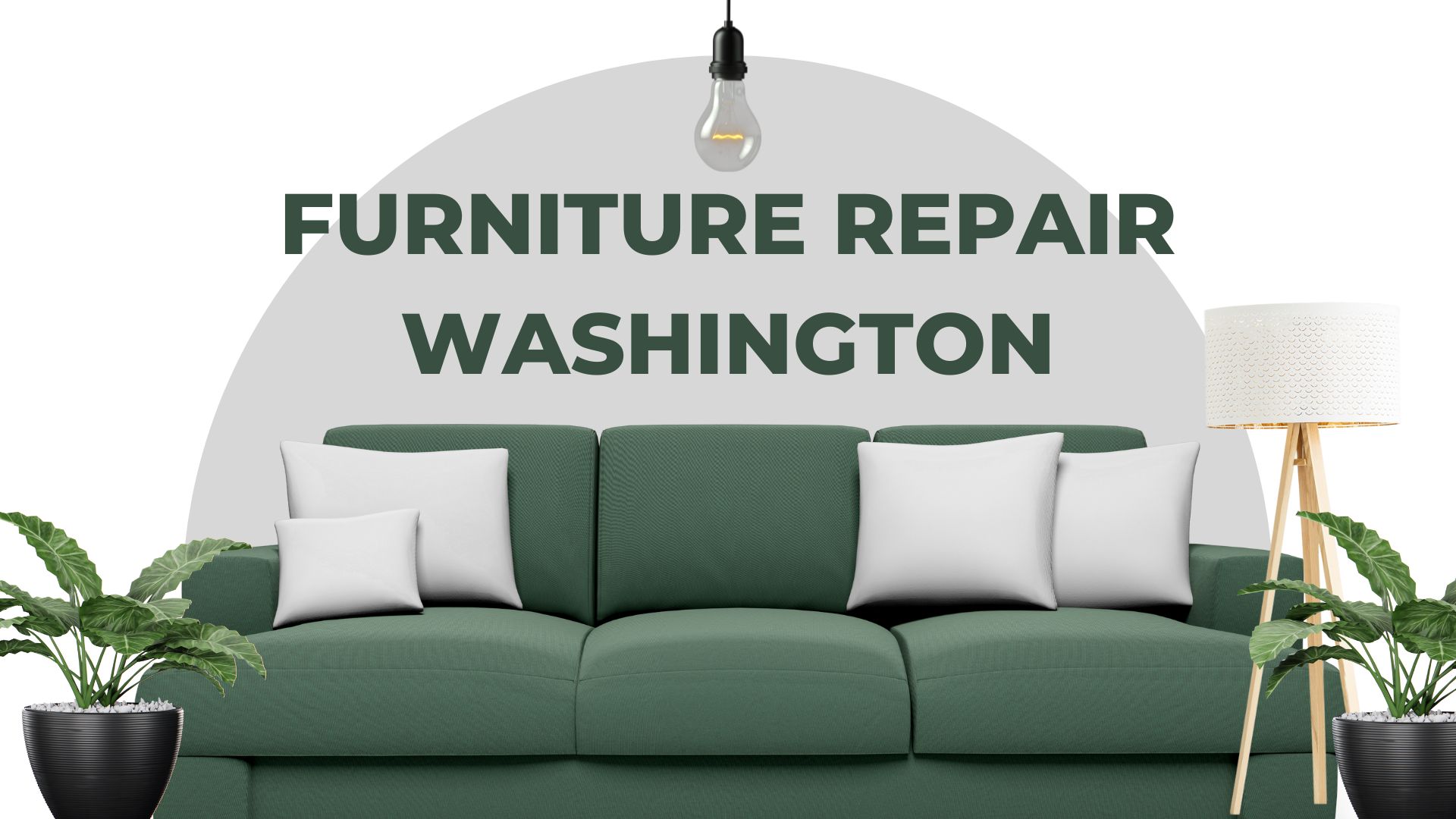When it comes to maintaining the beauty and longevity of your stone surfaces, it’s essential to understand the best cleaning methods. Granite and marble are beautiful natural stones commonly used in kitchens, bathrooms, and other parts of the home. However, these stones require special care to maintain their shine and prevent damage.
In this article, we’ll explore the differences between granite & marble cleaners and regular cleaners, why it’s important to use the right product, and how to properly care for your stone surfaces.
Note : Ready to keep your granite and marble surfaces looking flawless? Choose the right Granite & Marble Cleaner today to protect and maintain the beauty of your stone. Don’t wait—get your cleaner now and enjoy long-lasting shine and protection for your surfaces
What Are Granite & Marble Cleaners?

Understanding Granite & Marble Cleaners
Granite and marble are both natural stones that are prized for their durability and elegant appearance. However, they are also porous and delicate. Regular household cleaners can be too harsh for these stones and may cause damage over time. Granite & marble cleaners are specially formulated to be gentle yet effective in cleaning these surfaces without causing harm.
These cleaners often have a pH-balanced formula that is safe for stone surfaces, unlike regular cleaners that may contain acids or harsh chemicals. The goal is to clean the stone without damaging its surface or leaving behind residue that could dull its shine.
Benefits of Using Granite & Marble Cleaners
- Protection of Surface: Granite & marble cleaners are designed to preserve the natural shine of the stone. They gently clean without stripping away the protective sealant or damaging the stone’s finish.
- Safe for Porous Stones: Since granite and marble are porous materials, they can absorb liquids and cleaning chemicals if not properly cleaned. These specialized cleaners are designed to avoid this issue, keeping your stone looking great.
- Gentle on Stone: Regular cleaners can be abrasive or contain harsh chemicals that might scratch, discolor, or dull your stone surfaces. Granite & marble cleaners, on the other hand, are made to be gentle and safe to use daily.
- Prevents Build-up: Over time, regular cleaners can leave behind residue that can build up and damage your stone. Granite & marble cleaners, however, help to avoid this build-up and maintain a smooth, clean surface.
What Are Regular Cleaners?
Understanding Regular Cleaners
Regular cleaners are the cleaning products you may use around the house for general cleaning tasks. These include all-purpose sprays, floor cleaners, and kitchen surface cleaners. While regular cleaners are effective at cleaning various surfaces, they are not made with the specific needs of granite or marble in mind.
Many regular cleaners contain ingredients such as bleach, ammonia, or harsh acids, which can be damaging to natural stones. While these cleaners may work well on other surfaces, they can cause discoloration, etching, or other damage to sensitive stone surfaces like granite and marble.
Common Types of Regular Cleaners
- All-Purpose Cleaners: These are versatile cleaners that work on many different surfaces, such as countertops, floors, and appliances. They are often available in spray bottles and can handle basic dirt and grime.
- Disinfectants: These cleaners are typically used for killing germs and bacteria. However, many disinfectants contain chemicals that can harm stone surfaces over time.
- Glass and Surface Cleaners: These cleaners are great for windows, mirrors, and other glass surfaces. However, they often contain ammonia or alcohol, which can damage the protective finish of granite and marble.
- Floor Cleaners: Some floor cleaners are strong enough to remove dirt and stains from various flooring types, but they may not be safe for use on delicate stone surfaces.
Why Regular Cleaners Can Damage Granite & Marble
- Harsh Chemicals: Many regular cleaners contain acids (like vinegar or lemon) or alkaline substances that can react with the stone and cause damage. For example, acidic cleaners can etch marble, leaving it dull and pitted. This damage may not be immediately visible, but over time, it can cause irreversible harm.
- Build-Up: Regular cleaners often leave behind residue that can build up on the stone surface. This residue can cause streaks and make the stone look dirty, even after cleaning.
- Discoloration: Some cleaners can cause discoloration or fading in natural stone surfaces. Over time, the surface may lose its vibrancy, making it look older or worn out.
Key Differences Between Granite & Marble Cleaners and Regular Cleaners
1. Formulation
Granite & marble cleaners are carefully formulated to be gentle on stone surfaces while effectively cleaning dirt and grime. These cleaners use pH-balanced ingredients that won’t damage or dull the surface. Regular cleaners, on the other hand, are made with ingredients that may work on a wide range of surfaces but are not designed to be safe for stone.
2. Chemical Composition
Granite & marble cleaners typically avoid harsh chemicals like bleach, ammonia, and acids. Instead, they use milder ingredients that can clean without causing harm. Regular cleaners, however, often contain these strong chemicals, which can be harmful to stone surfaces.
3. Purpose
The primary purpose of granite & marble cleaners is to maintain the beauty and shine of natural stone surfaces. They are formulated to clean while protecting the stone. Regular cleaners are designed for general cleaning and are not specifically intended for use on natural stone surfaces.
4. Safety
Granite & marble cleaners are safe for stone surfaces, ensuring they will not cause discoloration, etching, or scratching. Regular cleaners, on the other hand, may contain ingredients that can damage the stone if used incorrectly.
How to Clean Granite & Marble Surfaces the Right Way
1. Use the Right Cleaner
It’s essential to use a cleaner specifically designed for granite and marble. These cleaners are formulated to be safe for your stone surfaces and will help you avoid the potential risks that regular cleaners bring.
2. Use a Soft Cloth or Sponge
When cleaning granite and marble surfaces, always use a soft cloth or sponge to avoid scratching the surface. Harsh scrubbers or abrasive pads can cause damage to the stone.
3. Avoid Harsh Chemicals
Steer clear of cleaners with bleach, ammonia, vinegar, or citrus, as these can damage your stone. Instead, use a pH-balanced granite or marble cleaner to protect your surfaces.
4. Wipe Up Spills Immediately
Granite and marble are porous, which means they can absorb liquids and stains. Clean up spills as soon as they happen to prevent them from soaking into the stone and causing stains.
5. Seal Your Granite & Marble Surfaces
Granite and marble need to be sealed to protect them from spills and stains. Regularly sealing your surfaces can help keep them looking great and prevent damage over time. Be sure to follow the manufacturer’s instructions for sealing.
6. Dry the Surface After Cleaning
After cleaning your granite or marble surfaces, always dry them with a soft cloth. This helps prevent water spots and keeps the surface looking shiny and clean.
Can You Use Regular Cleaners on Granite & Marble?
While it’s tempting to use regular cleaners on your granite or marble surfaces, it’s best to avoid them. Even though regular cleaners may work well on other surfaces, they are not designed for use on natural stone and can cause long-term damage. Over time, using harsh chemicals or cleaners not intended for stone can result in:
- Etching: A dull, worn appearance caused by the chemical reaction between the cleaner and the stone.
- Discoloration: Certain cleaners may cause stones to lose their vibrant colors or look faded.
- Surface Damage: Regular cleaners can create scratches or affect the finish of your granite or marble.
It’s always safer to use a cleaner that is specifically formulated for granite and marble.
How to Choose the Best Granite & Marble Cleaner
1. Look for pH-Balanced Products
The best granite & marble cleaners are pH-balanced, meaning they are neither too acidic nor too alkaline. This balance helps to prevent damage to the stone and ensures that the cleaner is safe to use.
2. Check for Streak-Free Formula
A good cleaner should leave your granite or marble surfaces streak-free. Look for a formula that cleans effectively without leaving behind residue or streaks.
3. Read Reviews
Before choosing a cleaner, read reviews from others who have used the product on granite or marble surfaces. This will give you insight into the cleaner’s effectiveness and safety.
4. Avoid Harsh Ingredients
Stay away from cleaners that contain harsh chemicals, such as bleach, ammonia, or acids. These can damage the surface of your stone and make it lose its shine.
Conclusion
The main difference between granite & marble cleaners and regular cleaners lies in their formulation and the safety of their ingredients. Granite and marble are beautiful and durable materials, but they require special care to maintain their appearance and integrity. Regular cleaners are not designed for these surfaces and can cause damage over time.
To protect your investment in beautiful granite and marble, always use a cleaner that is specifically designed for these stones. This will help you preserve the shine, prevent damage, and keep your surfaces looking great for years to come. By choosing the right cleaner and taking proper care, you can enjoy your stone surfaces for a long time
For more insightful articles related to this topic, feel free to visit : viewsparrow.com











